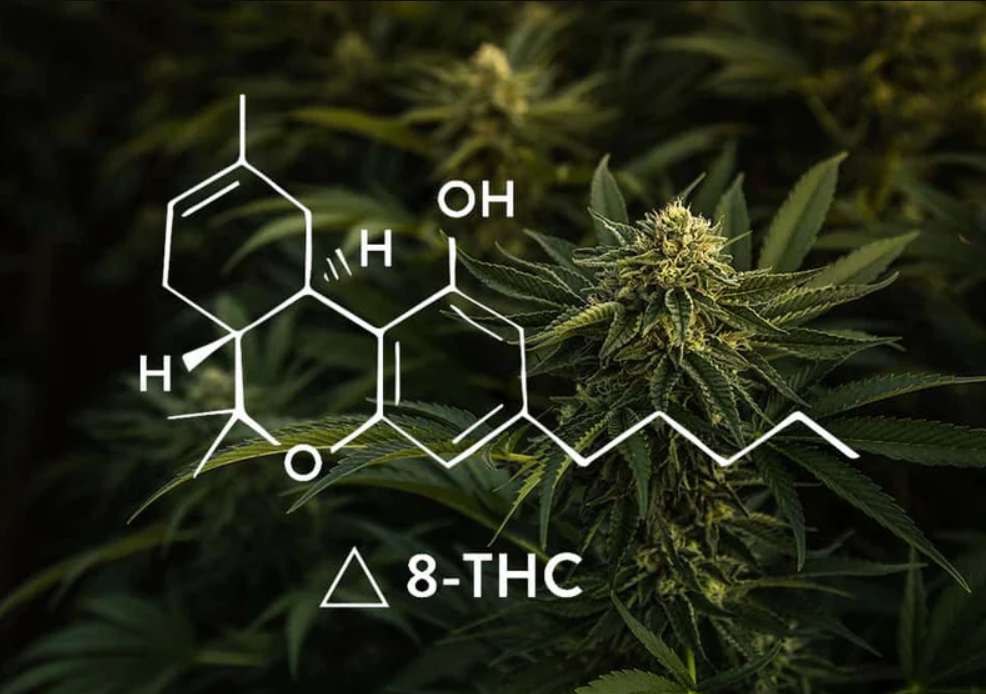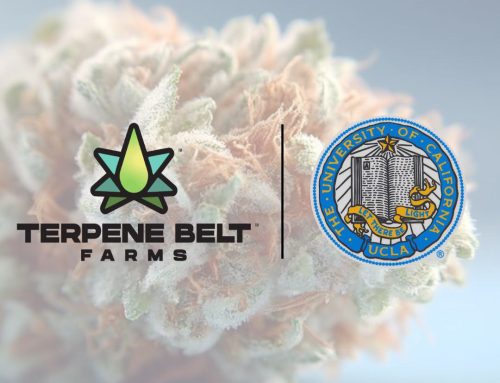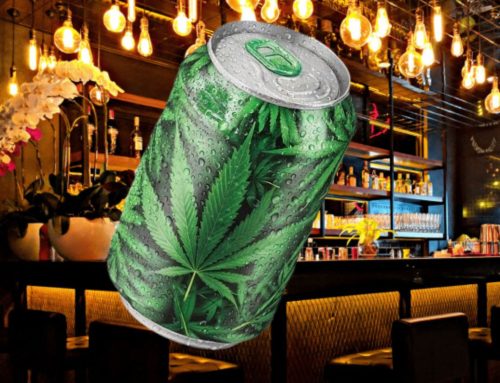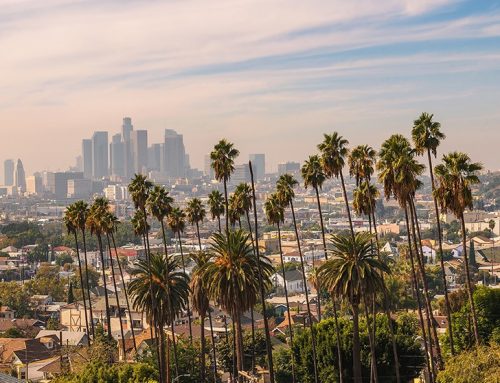Delta-8 THC Consumption Peaks in States Lacking Adult-Use Cannabis Access, Study Finds
SAN DIEGO – A new study conducted by researchers at the University of California San Diego reveals that adults, residing in states where recreational Cannabis remains illegal, are almost twice as likely to use delta-8 THC, a hemp-derived compound with effects similar to traditional Cannabis.
The research, drawn from a survey of more than 1,500 U.S. adults, estimates that over 19 million people nationwide have tried delta-8 THC at least once, with usage rates reaching 10.9% in areas without any form of legal Cannabis.
The UC San Diego team analyzed responses from a nationally representative group, categorizing states by their Cannabis laws (prohibited, medical-only, and recreational), as well as delta-8 THC regulations (banned, regulated, or unregulated). Overall lifetime use stood at 7.7%, but patterns varied sharply. In states with full recreational Cannabis bans, usage hit 10.9%, compared to 5.5% where it is permitted, and 8.5% in medical-only jurisdictions. Unregulated delta-8 THC markets showed 10.5% use, far exceeding the 4.5% in states with bans and 3.9% where sales are controlled.
These figures suggest delta-8 THC serves as a stand-in for recreational Cannabis in restrictive environments, a trend echoed in separate research on adolescents and poison control data. A 2023 survey found 11.4% of 12th graders had used delta-8 THC in the past year, with rates climbing to 14% in states banning adult-use cannabis. Poison control calls related to delta-8 THC were also higher in such states, averaging 1.64 per 100,000 people in 2022, versus lower figures where Cannabis is accessible.
As of mid-2025, delta-8 THC legal standing remains fragmented. Fifteen states, including Alaska, Colorado, and New York, have outright bans, while others like Minnesota now limit sales to licensed dispensaries and Texas has prohibited THC vapes. Florida allows hemp-derived delta-8 THC if delta-9 levels stay below 0.3%, but enforcement varies. Federal inaction has left a patchwork, with some experts warning that uneven rules could exacerbate safety issues.
Public reactions on social platforms highlight frustration with prohibition’s side effects, with users noting that bans push consumers toward less-tested options. One analysis points out that search interest for delta-8 THC is nearly double in non-legal states, reinforcing the substitution dynamic.
The data raises questions about the effectiveness of strict Cannabis controls. While delta-8 THC offers an alternative, its lack of oversight could lead to unintended health consequences, including exposure to heavy metals or inaccurate dosing.
Researchers and industry analysts argue for uniform national guidelines, potentially through Farm Bill revisions, to address these gaps without stifling access. Yet, the rise in hemp-derived THC products use also underscores persistent demand for psychoactive cannabinoids, regardless of legal barriers.




































